Services for Partners & Organizations
Specialized professional services
To Register
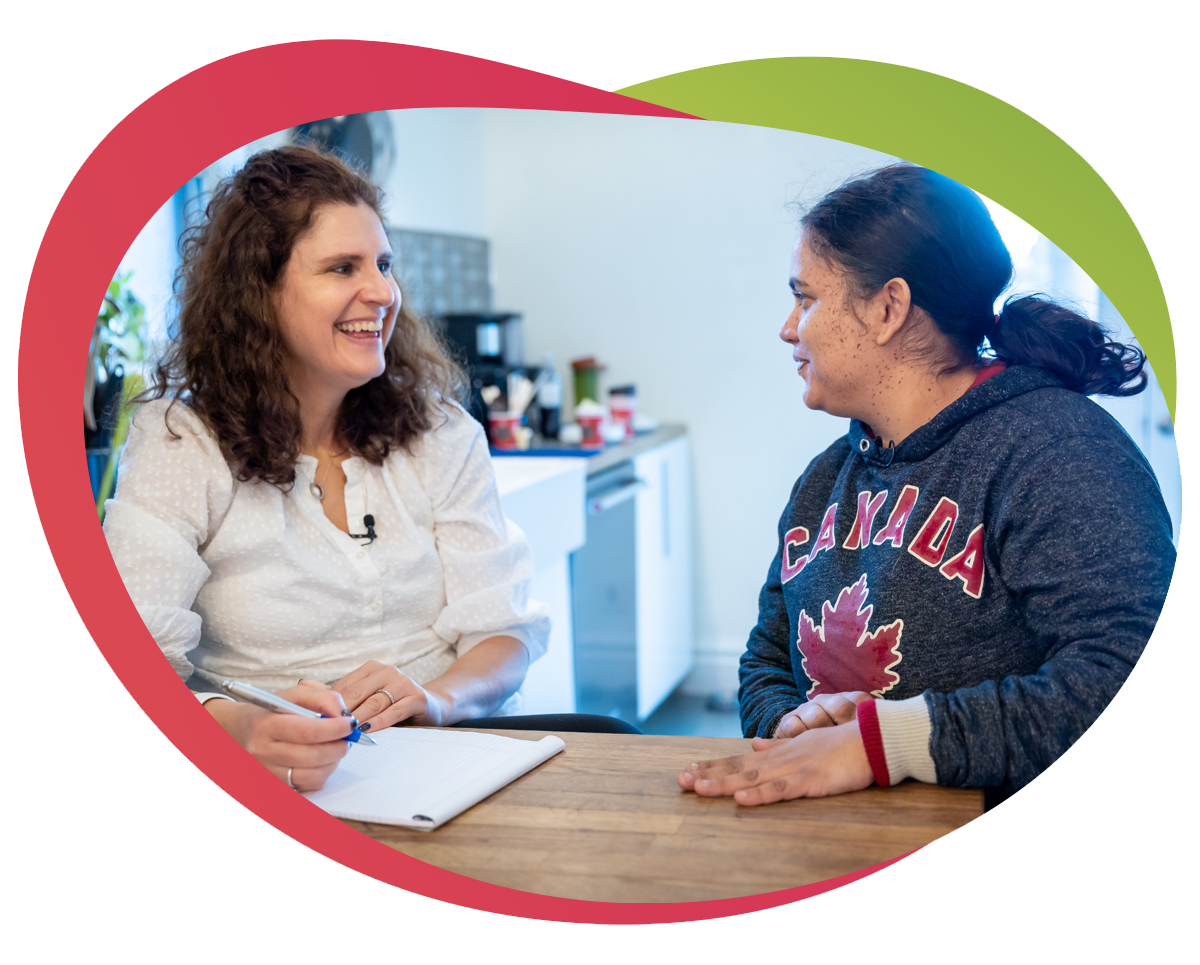
It can be challenging for professionals and organizations to find the right services for their clients. Through our Services for Partners and Organizations, we collaborate with organizations to provide customized solutions to help individuals of all ages with intellectual and developmental disabilities. Our services include assessment, specialized clinical services, mental health supports, and consultation and training for your team.
Our interdisciplinary team of healthcare professionals and service providers is here to help you excel. We want to be your partner of choice in achieving the best outcomes possible for your clients and your team.
We offer services in-person, online or using a hybrid model, based on your client’s needs.
ASSESSMENT
Psychological and Psychodiagnostic Assessments
Experts in psychology, psychiatry, medicine and developmental disability provide assessment and diagnosis to ensure a comprehensive understanding of your client’s needs
FASD Assessment and Diagnostics
Offers diagnosis and assessment reports to children, youth or adults who may have Fetal Alcohol Spectrum Disorder (FASD).
CLINICAL
Occupational Therapy
Helps children and adults learn skills to support their participation and develop independence in self-care, productivity and leisure.
Behaviour Therapy
Helps children and adults with behavioural challenges learn and implement strategies that encourage meaningful inclusion at home, school and in the community.
Speech-Language Pathology
Offers clinical speech and language services such as assessment, recommendations and training to children and adults with communication challenges.
Interdisciplinary Team
Offers service coordination assistance to clients and their families for services available at Surrey Place and in their community.
Transitions Team
Works directly with organizations in order to support people with complex needs and prevent them from experiencing crises during transitions.
CONSULTATION
Organization and Agency Training
Facilitated by leading Surrey Place professionals in the field, external organizations can access training customized for their needs.
Launching Your FASD Clinic
Consultation service to help support external agency or organization as they prepare to launch an FASD Clinic at their location.
Early Childhood Vision Consultation
Comprehensive training program for organizations interested in professional development in blind-low vision assessment
MENTAL HEALTH SUPPORTS
Mental Health Services
Clinical and wellness services that address mental health issues associated with a person’s emotional, psychological and social well-being.
Ready to Register?
Call: 416-925-5141 ext.2343
Email us: services.partners@surreyplace.ca
Why Choose Us?
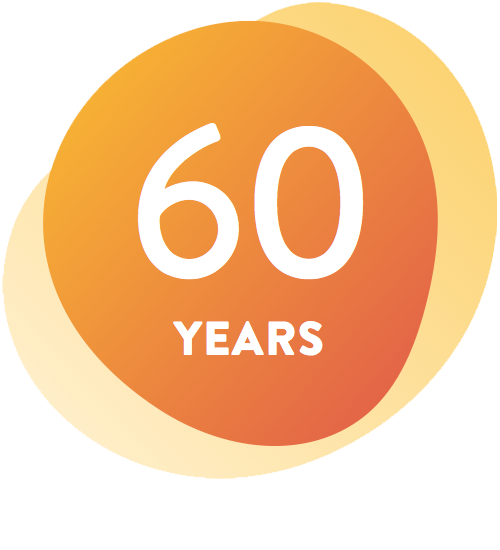
60 years in service
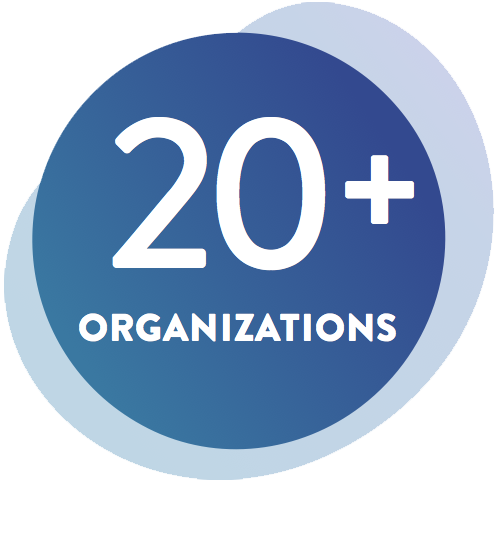
Partner with 20+ organizations
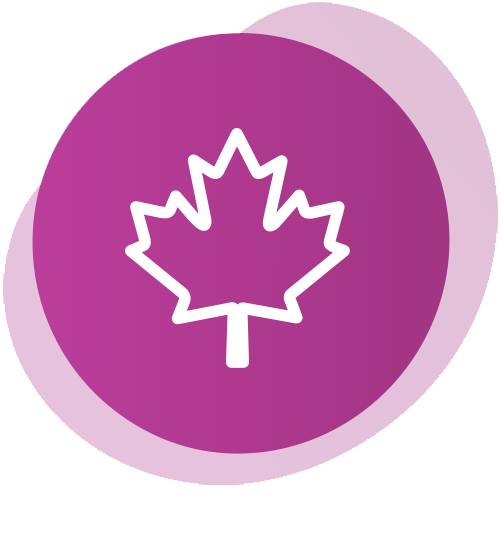
Accreditation Canada Standing
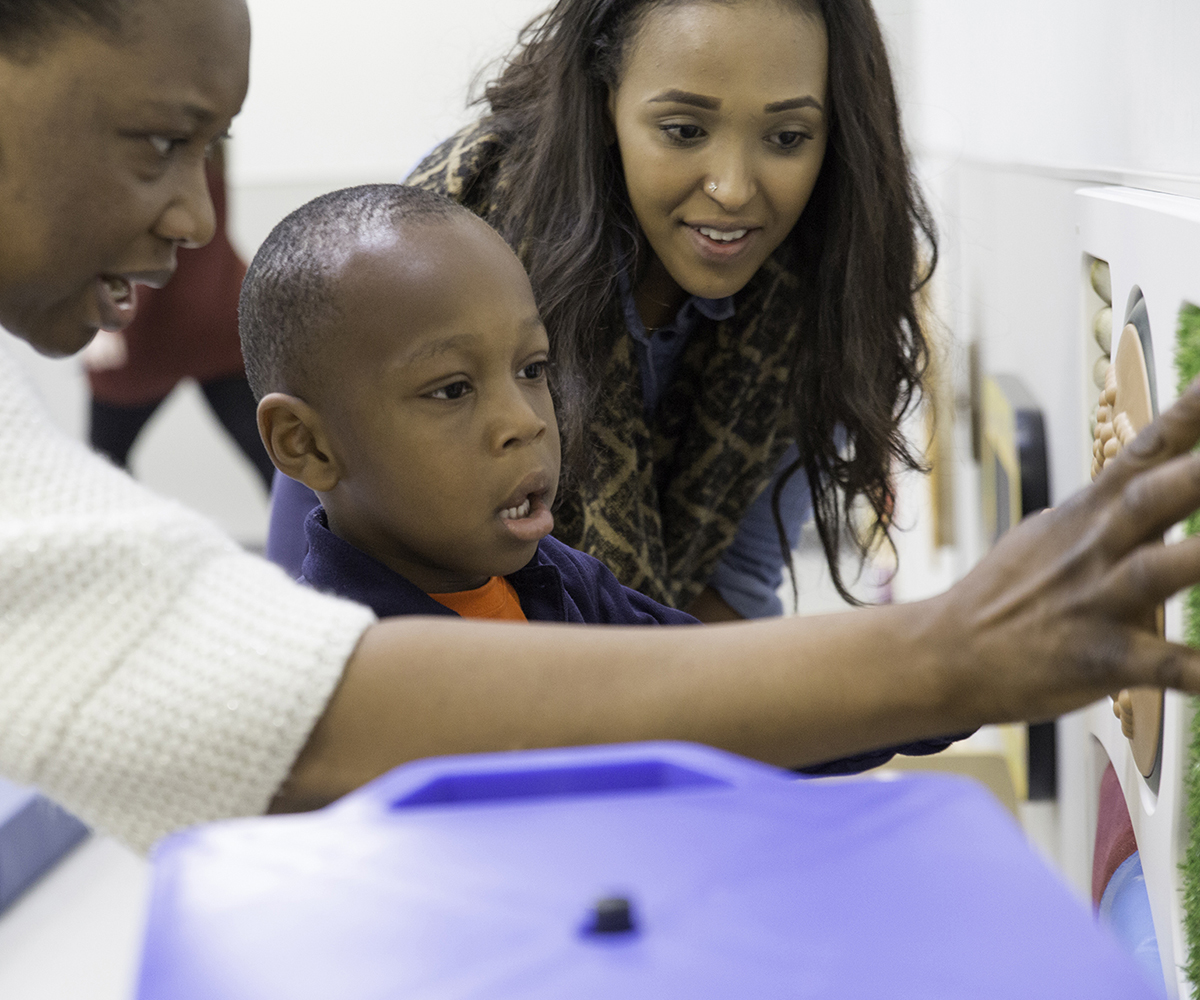
Wellness Events
Did you know that we offer free events for clients, caregivers and professionals?
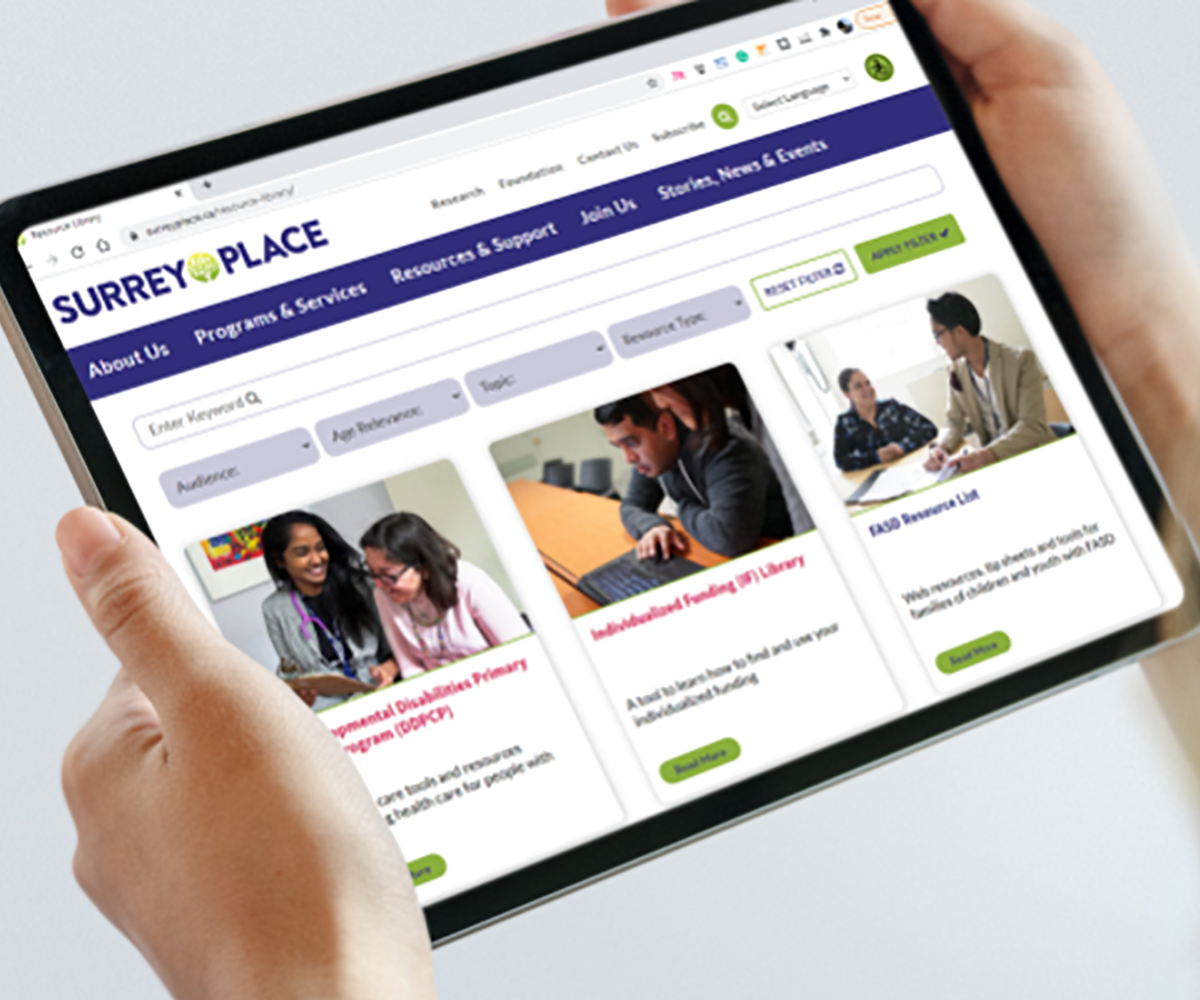
Resource Library
Find accessible information developed by our clinicians to help you on your journey.